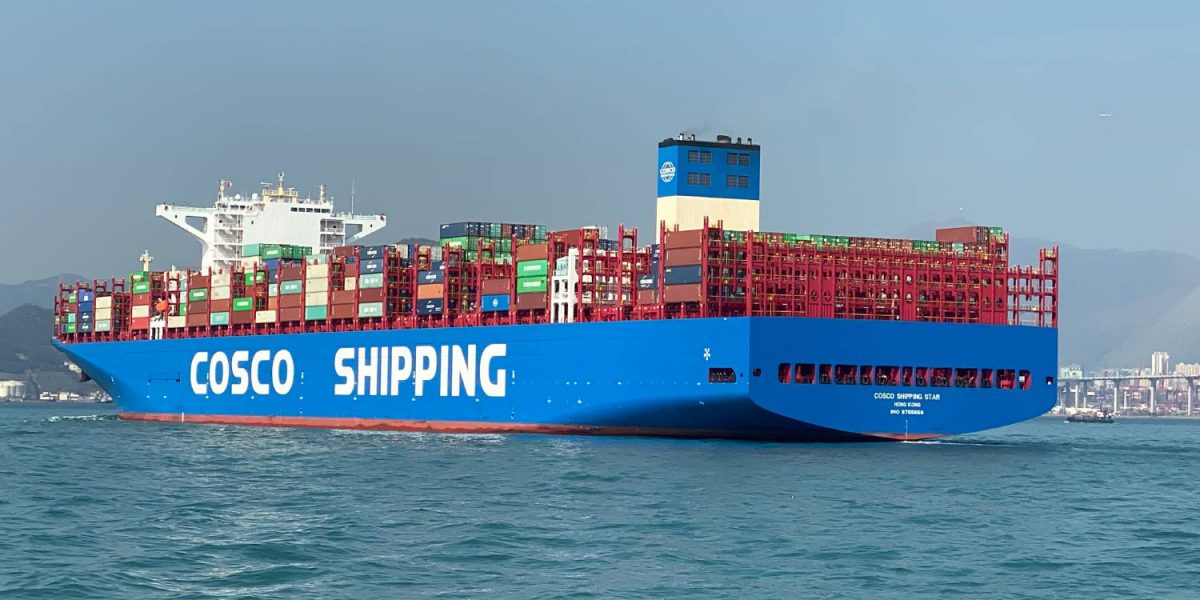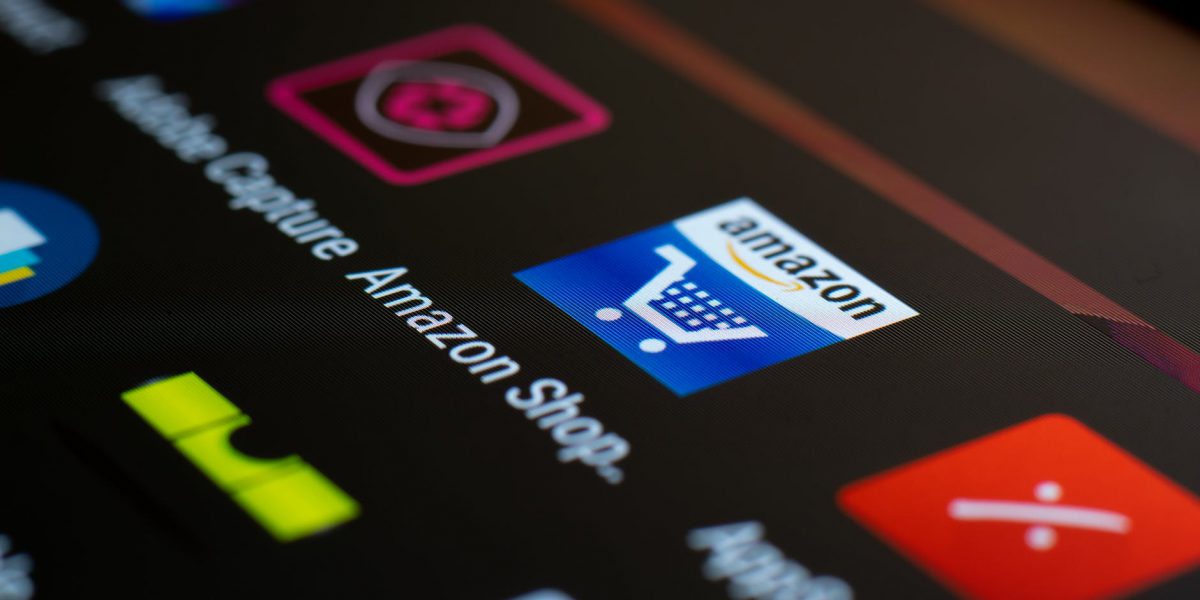
Third-Party Logistics 101
Setting yourself apart in the eCommerce market is about more than a fantastic product and noticeable brand. Logistics can make or break a company, and more often than not it breaks it. Once your eCommerce business starts thriving, automation is key to keep the upward growth trend going. While you’re putting a chunk of money into marketing to get your product noticed, keep in mind that once your business starts to scale quickly, you will need the capacity to fulfill an influx of orders.
What Role Does Third-Party Logistics Play in eCommerce?
Simply put 3rd party logistics, or 3PL, is the use of third-party businesses to outsource elements of your business’s distribution, warehousing and fulfillment. Enlisting the help of an organization that specializes in supply chain management to handle that part of your business is often advantageous to the growth of your business, and your cash flow. Surveys found that 75% of businesses using 3PL’s were able to reduce their overall logistics costs. Very often you also have access to additional services and faster shipping times for your customers.
With eCommerce growing exponentially, the third-party logistics industry is expected to reach a value of $935.31 billion globally in 2020. All this competition in the 3rd party logistics market is great news for eCommerce sellers and business owners. It means that several companies out there are competing for your business, and you are more likely to find a third-party logistics provider to meet your and your customers’ specific needs.
Advantages of Working with a 3PL
Lower Overall Logistics Costs – When managing fulfillment in-house, you incur a large overhead to rent warehouse space, rent or buy equipment, and keep on staff. Even during a sales lull where your orders have dwindled, this will be an expense that keeps eating into your profits. By using a third party, you will minimize your cost during these quiet periods and only pay for what you use. It will also serve you during peak times when you require more staff.
Cheaper Shipping Rates – Because shipping and fulfillment is a volume business, third-party fulfillment centers can get large discounts on shipping rates. This means the overall cost of shipping goes down for your customer too, giving you access to a larger customer base who would usually balk at your shipping costs.
Faster shipping – Because 3PL’s serve several clients, they ship items more frequently. This means that your customers will have access to faster shipping options if you use a 3PL. Including an “express shipping” option to your customer’s shopping cart could help you win more business and gain brand followers.
Advanced Cloud Technology – The best 3PL’s keep track of their inventory using robust software suites based on cloud technology. This means that instead of you implementing expensive software solutions to track all your orders and fulfillment, you just need to integrate with their software, most likely a SaaS (Software-as-a-Service) Solution. This saves you lots of money that you would’ve spent on hosting data and paying for your software infrastructure on top of which you host your order management and fulfillment software solutions. You and your customers will also be updated on the status of orders and package deliveries, giving you more visibility and helping you keep a close eye on inventory and returns.
Questions to Ask When Selecting a 3PL
To find the right fulfillment provider for your business, there are some questions you need to ask, both of yourself and the provider in question.
- What kind of capacity are you looking at? How many orders do you fulfill per day and are you looking to grow that number?
- What is their warehouse network? How many warehouses do they have and in what locations? This is especially important when considering the locations of your customers in the event of express shipping requirements.
- What is their pricing model, and what services come at an additional cost? How does their pricing model change as your business grows?
- Is there a minimum monthly spend?
- Are there any account setup and software integration fees?
- What is their shipping carrier rates? This will directly impact your customer, and if you offer free shipping, your bottom line.
- What software do they use, and does it integrate with the software you are currently using to manage and fulfill your orders, or will you need to switch to another solution?
- What is their daily cutoff time for fulfilling orders, and how do weekends and holidays affect these? This will need to be relayed to your customers so that they know when to expect their purchases to be delivered.
- Do they provide customer service; and if yes to what extent?
There is no one-size fits all 3PL, and your business requirements will dictate which provider will be the best to partner with. Don’t hesitate to ask for customer references and follow up on those references to get honest feedback from other business owners. A good 3PL will happily share their customer testimonials. Remember that this is becoming a highly competitive industry, so you can expect the best.




